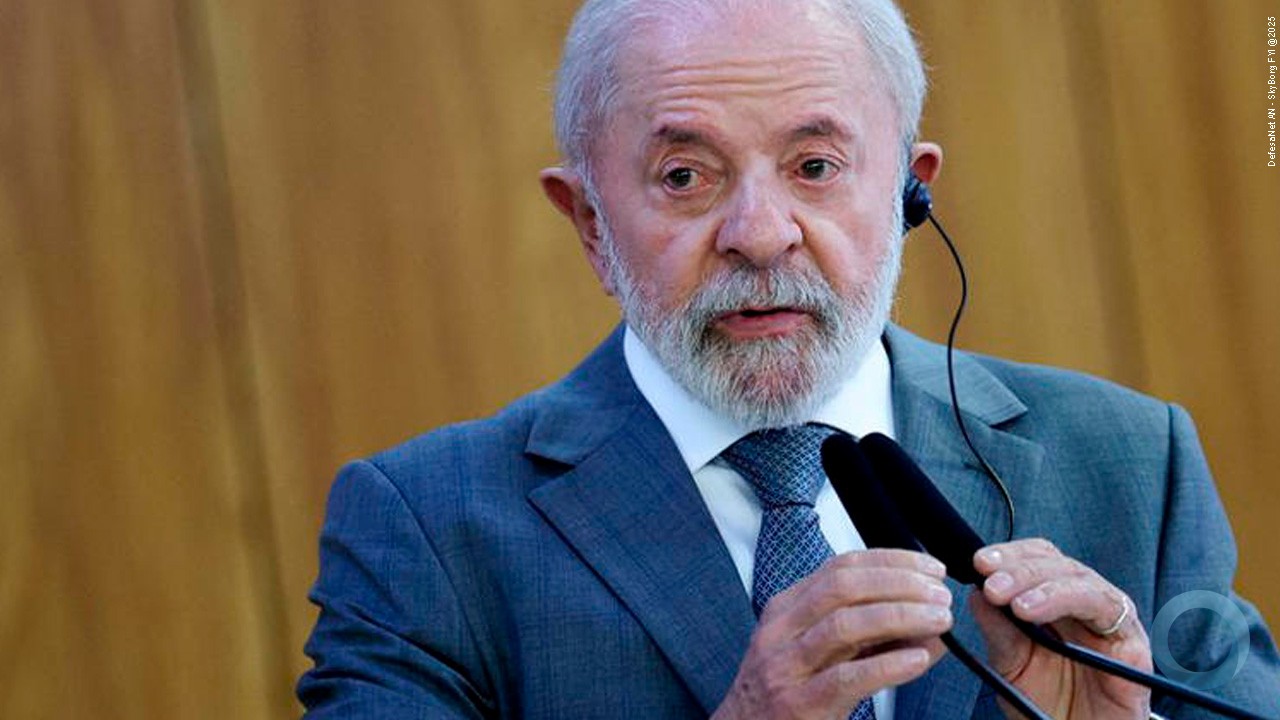FROM BRASÍLIA
In 24 hours, Brazil's Chamber of Deputies (MPs) reversed the results of the voting on the proposal to reduce the age of criminal responsibility and approved a milder plan that would lower the age minimum for criminal imputation from 18 to 16.
The approved proposal, which still needs to be voted on in a runoff with the House and reviewed by the Senate, stipulates a lower criminal age for heinous crimes (such as rape and kidnapping), intentional homicide (with intent to kill) and bodily injury followed by death.
The proposal will be challenged in the Federal Court of Justice by the MPs, the Dilma Rousseff administration and the OAB (Ordem dos Advogados do Brasil or Brazilian Bar Association).
The paperwork, which still has a long way to go in Congress, will be contested in parliament next week, even before the second vote in the House.
It is expected that the proposal will also encounter resistance from the Senate, where leaders have already stated that analysis of the issue will be slower than in the House.
It is the result of a maneuver by House President Eduardo Cunha (PMDB-RJ) to revert the results of a similar proposal rejected 24 hours earlier, one which had also included drug trafficking, terrorism, torture and aggravated robbery (with firearms, for example).
The removal of those offenses left behind a milder proposal and facilitated its approval. Between the first and second rounds of voting, 28 members of parliament had a change of heart, 24 of which decided to vote in favor of lowering the age of criminal responsibility.
According to Fundação Casa, only 3.5% of adolescent inmates in São Paulo committed crimes included in the approved project. Trafficking and theft, which were left out of the text, are the leading causes of arrest.
In the first round, approval will be questioned in the Supreme Federal Court (STF) due to manipulation of the vote and the understanding that MPs cannot meddle with criminal age, to summon an ironclad clause of the constitution.
"Both for its content and by way of its approval, the PEC [Projeto de Emenda Constitucional or Constitutional Amendment Project] will not stand up to a constitutional test", affirmed OAB President Marcus Vinicius Furtado Coêlho.
STF minister Marco Aurelio Mello rebuked Cunha for his manipulation. "The constitution is very clear in stipulating that -once rejected- or if it is declared that certain information has been compromised, a new proposal cannot be presented until the next legislative session [the following year]."
Cunha countered. "He must have made some comment without knowing. Reading the article in the constitution, I also interpreted it the same way. The issue here is different from the allegation that is being made."































